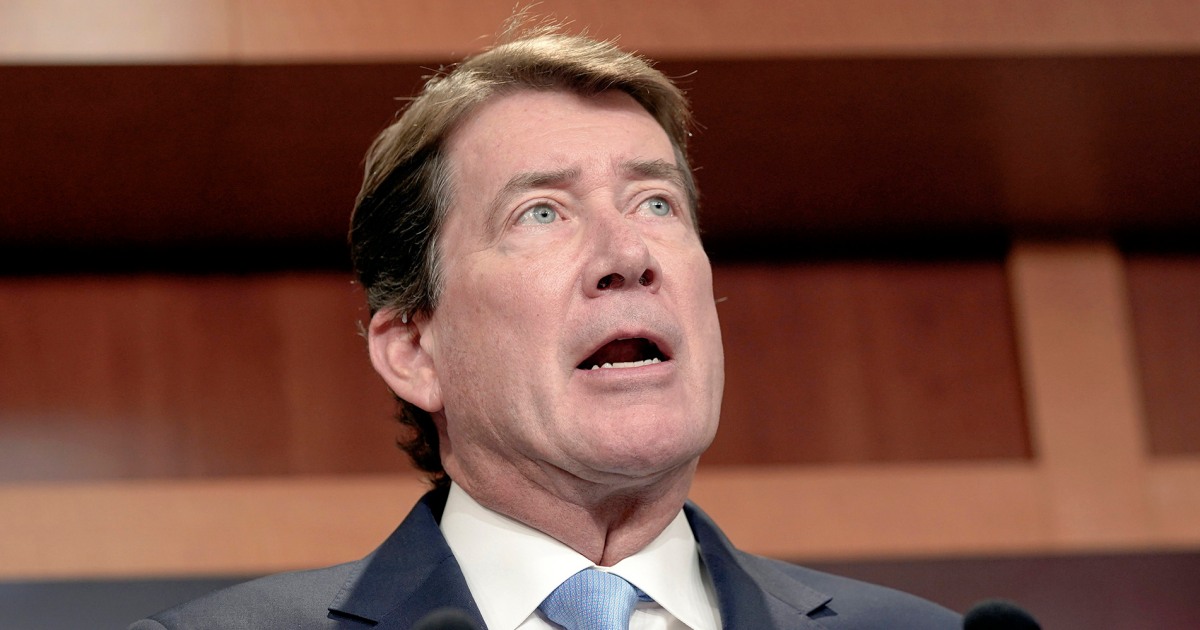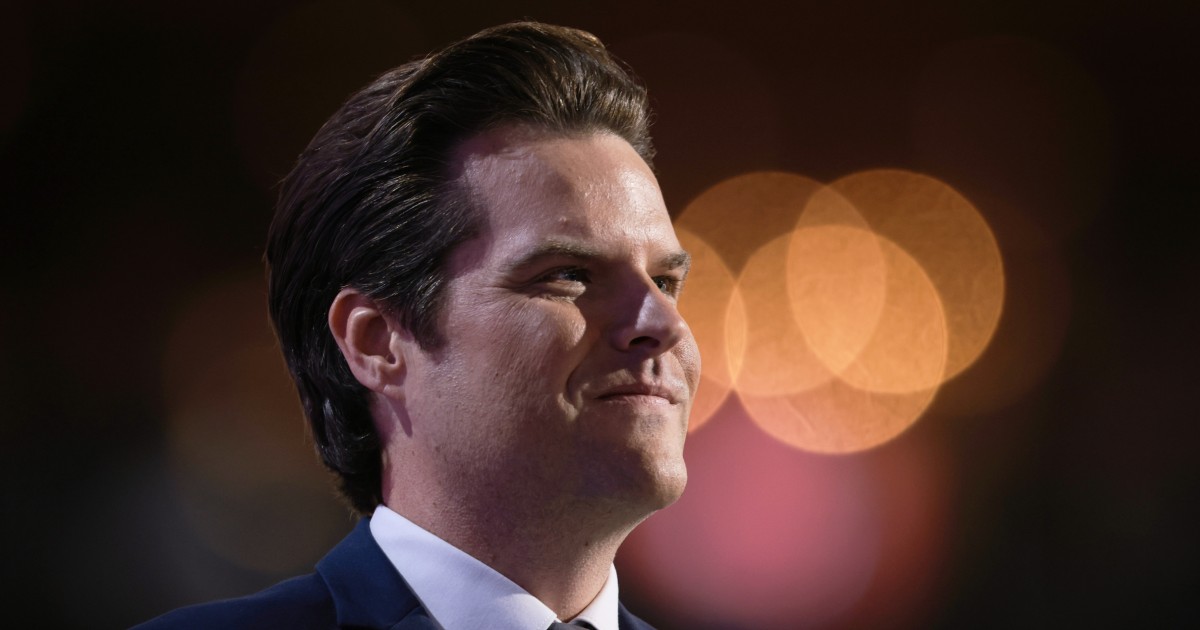The French Rugby Federation, National Rugby League and Provale have expressed “firm opposition” to the proposed 20-minute red card, saying it is an “unacceptable step backwards” by World Rugby.
In 2024, the Rugby Championship and World Rugby’s Under-20 Championship in South Africa trialled the new law for the first time, external, meaning a team is able to replace a red-carded player after 20 minutes in the sin-bin.
This month World Ruby announced “successful initial trials”, external were passed, leading to support for further elite-game trialling.
In a joint statement, the three French governing bodies say the “data collected remains insufficient” to go through with the proposal.
“Statistics provided by the FFR [French Rugby Federation] to World Rugby show that a red card does not systematically mean defeat for the penalised team,” the statement said.
“Indeed, the analysis based on 480 Top 14 matches and Tier 1 international matches shows that only 60% of the teams receiving a red card lost at the end of the match.”
Last year more than 300 former football, rugby league and rugby union players in the United Kingdom took legal action over brain injuries they claim to have sustained during their playing careers.
The statement adds that the current red card is “a crucial tool” to deter “unsportsmanlike behaviour”, without it the sport faces an “unacceptable step backwards on the measures put in place over the last few years to reduce head impacts”.
Furthermore, the law would “encourage more aggressive play”, which would negatively impact “the image of the game”.
The last men’s and women’s Rugby World Cup finals ended with one team having 14 players on the field for the majority of the game.
On the decision to trail the 20-minute red card, World Rugby chairman Sir Bill Beaumont said in May that rugby’s disciplinary process needed “streamlining to be simpler for players and fans to understand”.
“This is a trial, and it is important to remember that the ability to replace a red-carded player after 20 minutes is coupled with sanctions that are strong, clear and will not be mitigated down,” Beaumont added.
The FFR says it will speak out against the law’s entry at the meeting of the World Rugby Council on 14 November.
If approved, World Rugby will work with member unions, competition owners and key stakeholders to finalise the timeline and processes for trial adoption, with implementation from 1 January.
“We call on World Rugby to reconsider this experiment, ensuring that any decision is based on concrete and convincing data, which is not the case today,” vice-president of the FFR Jean-Marc Lhermet added.
BBC Sport contacted World Rugby for comment.







